With a Little Help From My Friends
Building friendship and community through service with MVLA Service League of Boys co-founder Maureen Adams
April is National Volunteer Month and I spoke with one of the founding members of a local philanthropic group where parents and sons connect with their communities—and each other—in the service of others.
Maureen Adams is a mother of three and a founding member of the MVLA Service League of Boys, a philanthropic nonprofit for 7th-12th grade boys in the Mountain View/Los Altos community. The organization began in 2013 with 35 boy members its first year and has now grown to over 440+ members spanning 20 different middle and high schools. Members currently serve over 45+ philanthropic organizations. Maureen has volunteered in many capacities over the years and now works at Fresh Lifelines for Youth, a non profit that works with youth impacted by the juvenile justice system.
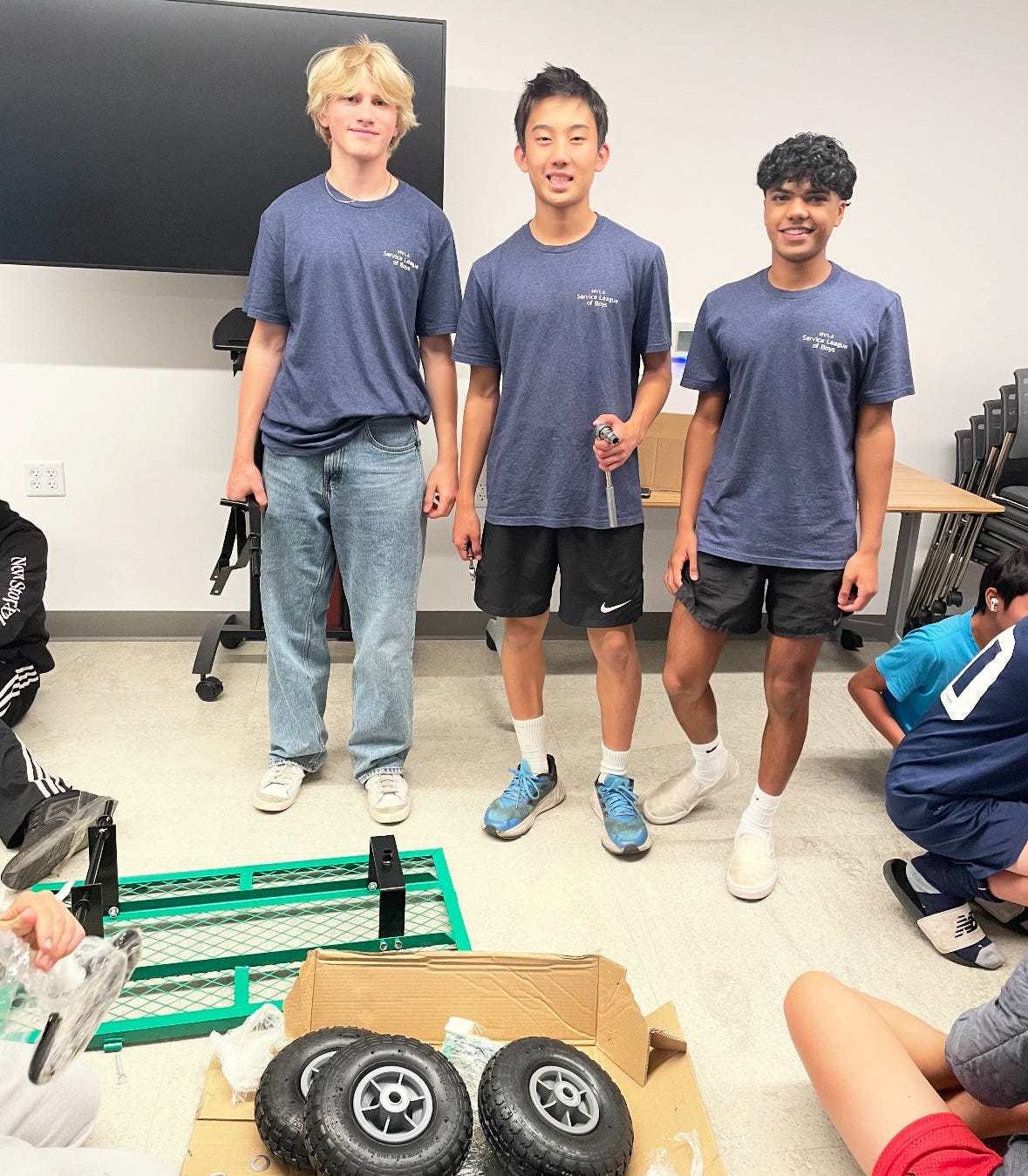
What is SLOBS, and how did it start?
A few other moms and I had volunteered with groups targeting moms and daughters, so we thought it would be great if we had something like that for boys. We just wanted to do good in our community and keep it local. We found an organization called Service League of Boys (SLOBS) in New Canaan, Connecticut. We went to their website and talked to them about what they were doing. Theirs was in the high schools, run as a club. We wanted it to be more broadly accessible to all the schools in our community.
We started out by picking fruit at an orchard. There were ten of us—a variety of ages. It was about the boys and getting in the service hours, but we also wanted to make it a family thing. It was something we needed in our community, and nothing existed. We posted opportunities each week. I contacted organizations in the area and asked, "Do you have any volunteer opportunities?"
I learned that getting people to sign up was easier if opportunities were close. It was nice having that kind of partnership with our community, seeing what we did—we painted that fence, helped the senior center, or refurbished bikes.
Society tends to center male relationships around competition, so sometimes, they have a harder time finding camaraderie, especially in a service-oriented way. Do you think it helped the boys build a community?
We decided to make it 7th -12th grade for that reason. We wanted a variety of ages but also close enough that they could form a community. So we did things like making sandwiches and physical work like painting schools—things they could all do.
Once we started growing, we needed larger spaces to meet. We asked our community foundation to sponsor us, so we were able to hold some meetings there. We were up to 200 members. At that point, we didn't want personal liability for so many kids. SLOBS is a recognized organization of the Los Altos Community Foundation, and we get insurance through them.
What impact did the group have on you and your son?
It just felt good. We wrapped Christmas presents at the Family Giving Tree. The boys would find gifts to match the wish-tags for different-aged kids and then wrap them. We tried to do different things—something with animals, the elderly, sports.
It was a great way to spend time together. My son was always open to it. It gives the boys leadership skills. At first, the moms were more involved, but over time, we pushed more responsibility onto the boys, like speaking at meetings and events. My son started in seventh grade, and then as a senior he became president, introducing people and supporting the younger members. Now, he’s twenty-four and just signed up to be a Big Brother.
I feel like this generation of kids is exposed to a lot more, and hopefully, they will continue to get involved. I think modeling helps.
You had them actually flex that muscle, and so then it was part of them. Maybe in the beginning, the parents do 70%, and the boys do 30%, but eventually, they learn how to take on more and more.
Did you sit down and develop some kind of ethos or goal?
We thought about what a realistic number of hours would be for the kids. We started out small, with a total expectation of service hours for the year. Then, we came up with a system for tracking it.
It's gotten way more organized and efficient over time because as you grow, you develop parameters. We wanted to inspire the boys to start looking around the community to see how they could help—to do it together as a group, with friends and family. And we hoped they'd develop some leadership skills along the way. We wanted to expose them to different ways to contribute to their community.
Why do you think it's important for boys?
There are charitable organizations that focus on girls. Girls also babysit and do other things at a younger age. I just didn't think there was much out there that pulled boys into that kind of thing. A lot of the time, boys are more focused on their sports and other interests. I hoped this would open their world a little bit, too.
There is diversity among the members and families. Getting a variety of skill sets and kids together doesn't happen much outside of school.
The other thing that was nice is we kept membership local, so we didn't get too big. We have at least seven high schools right here. So it brought kids from different schools together, to meet other people they might not meet. People in their community.
What advice would you have for somebody inspired to form a group like SLOBS?
I recommend that you stay local. Try to find a variety of volunteer opportunities and limit them to two hours. After that, teens can lose focus.
We did backpack drives for foster youth and helped with Easter egg hunts and pancake breakfasts—all things in our community that I didn't even know about before this.
Did the boys ever bring ideas in as inspiration?
Yes. One was providing sleeping bags for people experiencing homelessness. If someone had an idea, we would ask how far it was and what opportunities were available. We wanted to make sure that it included all members, not just the older kids. So if it was 16 and up, we said, well, that doesn't really meet a lot of our population.
We tried to build service into the meetings, like making peanut butter sandwiches for people (with food insecurity) an hour before the meeting. It was important to come together as an organization to feel like we were all one group. At meetings, we often brought in a speaker from a philanthropic organization to talk about various life experiences and meaningful causes.
I just wanted the boys to get out together and pick fruit or help paint a school. The fewer steps between what you do, and the impact it has, the better. It's like you do it, you see it. It helps your community.
Who or what inspires you?
I'm always looking for something to do. I love being with my family and young people. That's why I'm doing the job I have now and why I volunteered at my kids' schools. I love being outdoors, being with people, and making connections.
Right now, I work with kids in juvenile hall and at-risk youth. We have a leadership program where we help get the kids involved in their communities. We do things like take them to the senior center to hand out Valentines. The residents are excited to see teenagers and have conversations with them. It feels good connecting people.
And SLOBS is still going after how many years?
It must be about twelve years. These days, the boys are running an Instagram account and a website. They're involved in seeing how an organization runs—having to send out email, write updates, blurbs. They're learning how a group runs when you work together, which is basically like a business.
This newsletter and my forthcoming memoir deal in matters of the heart, so I'll close each interview with three questions about the heart.
What fills your heart with joy?
Being with my family. Realizing these moments go by so quickly. Being connected to my family—my kids, husband, and friends. I'm kind of at the point in my life right now where I just say yes. I used to be afraid to fly, but now, if my kids invite me, I go. I say yes to life because we don't know.
What breaks your heart?
Well, maybe because of the work I'm doing right now, it breaks my heart to see that not everyone has an opportunity. When I see people struggling to find that joy or just things that should be simple being so hard—the kids I work with should be having fun being kids, but it's hard once they're in the system. I asked one of the kids I visited the other day, "How are you doing? Like, what's your headspace right now?" And they said, "Oh, you know, this is better than the alternative." And the alternatives being home. My new job has taught me a lot about privilege and gratitude.
It breaks my heart when my kids are not doing well.
The last question needs a little backstory. When I taught kindergarten, we did this project where the kids made maps of their hearts. They cut out tagboard and drew important "special" things in their heart. My oldest put our ice cream truck driver in his. I'll never forget. His teacher said, "I don't know if I should tell you this. The grandparents didn't make it, but the ice cream man did."
So I'd like to close with this question:
In the map of your heart, name a person, a place, and a thing that would be in it. Why?
My three children and my husband. We have a very close family; our kids still want to be with us and call us. So definitely family. I have sisters, but they don't live nearby, so my friends—the women I've surrounded myself with who have helped raise my kids and supported me through health and hard times—they're my community.
And the place would be one you've never heard of, Keuka Lake in upstate New York. My grandparents had a house there, and it's still in my family. We go every summer. I'm not from California, and the lake reminds me of simpler times. It's old and tiny and in the middle of freaking nowhere! It takes me back to the simple things, like blueberry picking, taking the boat out, swimming, and playing games with my cousins. So that's my special place. My dad died last year, and we had a service at the lake because that was his favorite place.
A book(s) and a song:
Boymom: Reimagining Boyhood in the Age of Impossible Masculinity
Boymom is a thought-provoking deep dive into the ways the current culture of masculinity is failing our sons—and our society. Studies show that our society tends to under-nurture and over-discipline boys. Many activities boys engage in, including social play, are centered around competition. Boys also have a harder time finding and keeping the interpersonal connections they need to thrive.
I chose Boymom for this month's Heartmatters because groups like SLOBS—which provide non-competitive ways for boys to connect and bond with each other and their communities—are essential now more than ever.
Boys are not doing well at the moment. They're doing badly academically. They're increasingly not going to college, not getting jobs, not finding partners…There's a real crisis of male loneliness and male mental health problems, and I think what we need to do now is not to diagnose the problem without listening.
-Ruth Whippman (NPR Interview)
Whippman notes that literature for children lacks genuine stories of male friendship.
Stay True, A Memoir by Hua Hsu
Stay True by Hua Hsu is a slow build of the frequently mundane, often humiliating, sometimes heartbreaking moments that make up forging friendships in college—a time when belonging and identity are intangible. Hsu's memoir is set in the ‘90s Bay Area and packed with Gen X nostalgia (Hsu and I frequented the same Tower Records). Maybe this story struck a chord because of its authentic tribute to male friendship, or it could be I'm a "Boymom" who hopes mine to grow up in a generation where they're able to find a friendship as genuine and true.
“Over the Rainbow/What a Wonderful World” by Israel Kamakawiwo'ole
The original recording of Israel Kamakawiwo’ole’s Somewhere Over the Rainbow was recorded in 1988 at 3AM in a single take. The song spent 358 weeks on top of the World Digital Songs chart, making it the longest-leading number-one hit on any of the Billboard song charts.
I chose this song because of the hope and connection it represents. It was also the recessional song at my wedding, so it will always hold a special place in my heart.
The Heart of the Matter:
❥ Is there something missing in your community? Look around for a model and adapt to fit your goals. (No need to reinvent the wheel.)
❥ Keep it simple. If you’re working with kids, make the time commitment realistic and achievable. (Try to keep things under 2 hours.)
❥ Boys need as much interpersonal connection as girls (maybe more) but are under nurtured in our society. Check in with the boys in your life.
❥ Try to find some outlets for your kid that de-center competition. Allow them to form bonds around something other than being the best, strongest, fastest…
❥ Helping others builds self-esteem and improves mental health.
❥ Look for opportunities in your community. Pick up the phone. Send the email. Ask, “How can I help?”
Coming in May:
May is national pet month so Heartmatters will cover all matters of rescue, adoption, fostering, and grieving our four-legged companions.
Jacque Gorelick is an essayist who writes about family, motherhood, health, and estrangement. Her debut memoir, Map of a Heart: A Memoir of Love, Loss, and Finding the Way Home, is forthcoming with Vine Leaves Press (February 2026). You can find more about her work here.
Thanks so much for spending part of your day with me.
❤️ Jacque





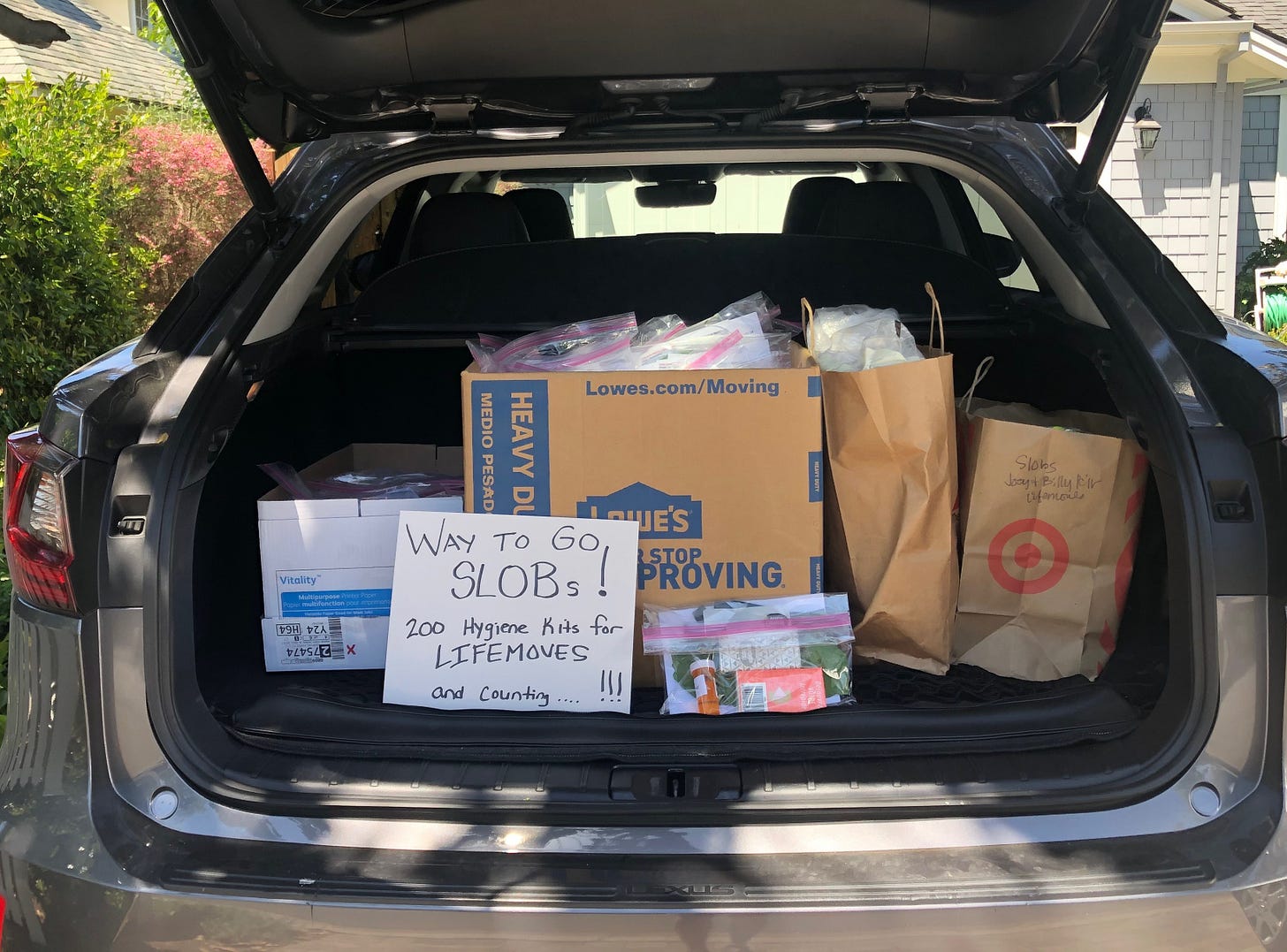
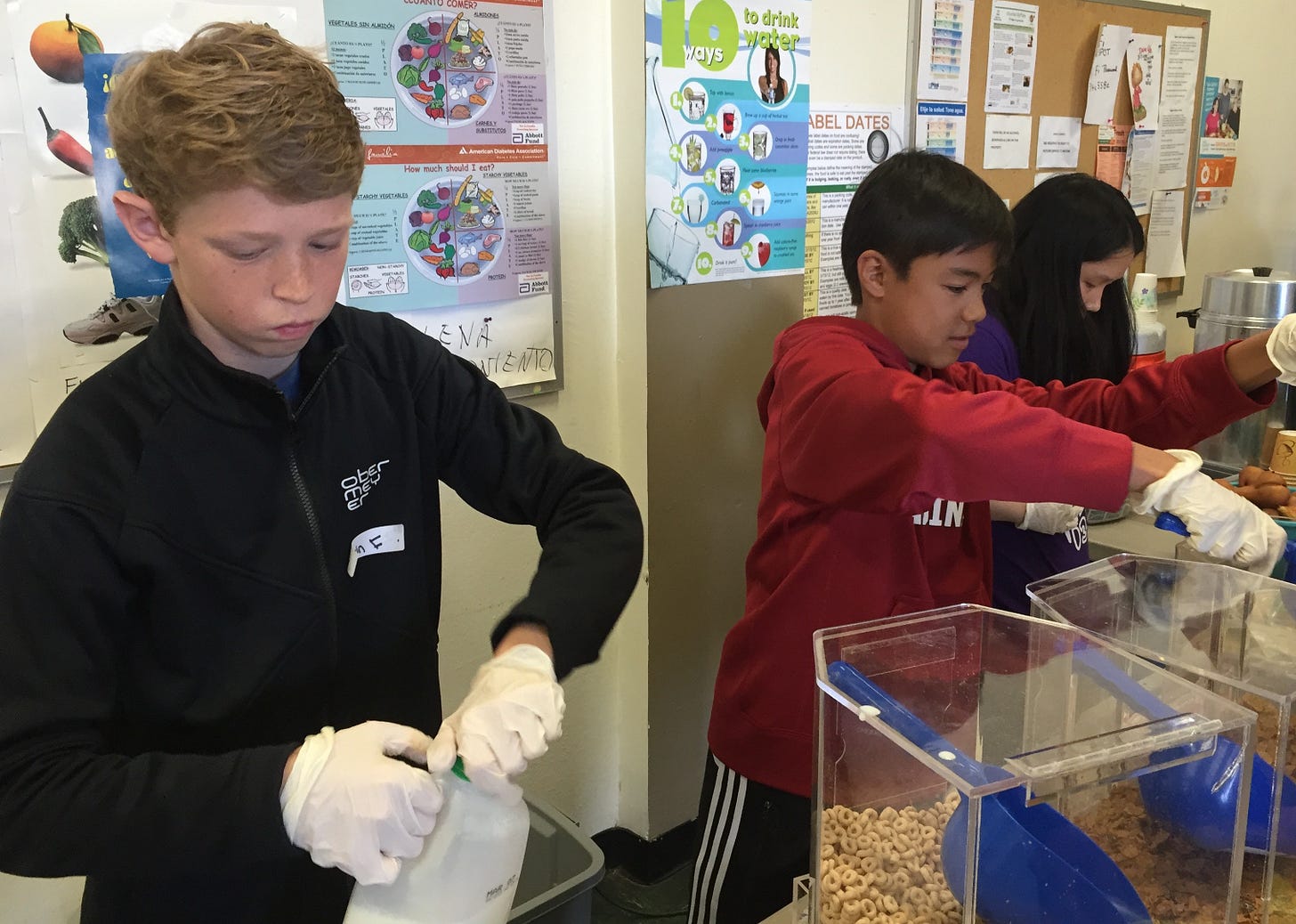

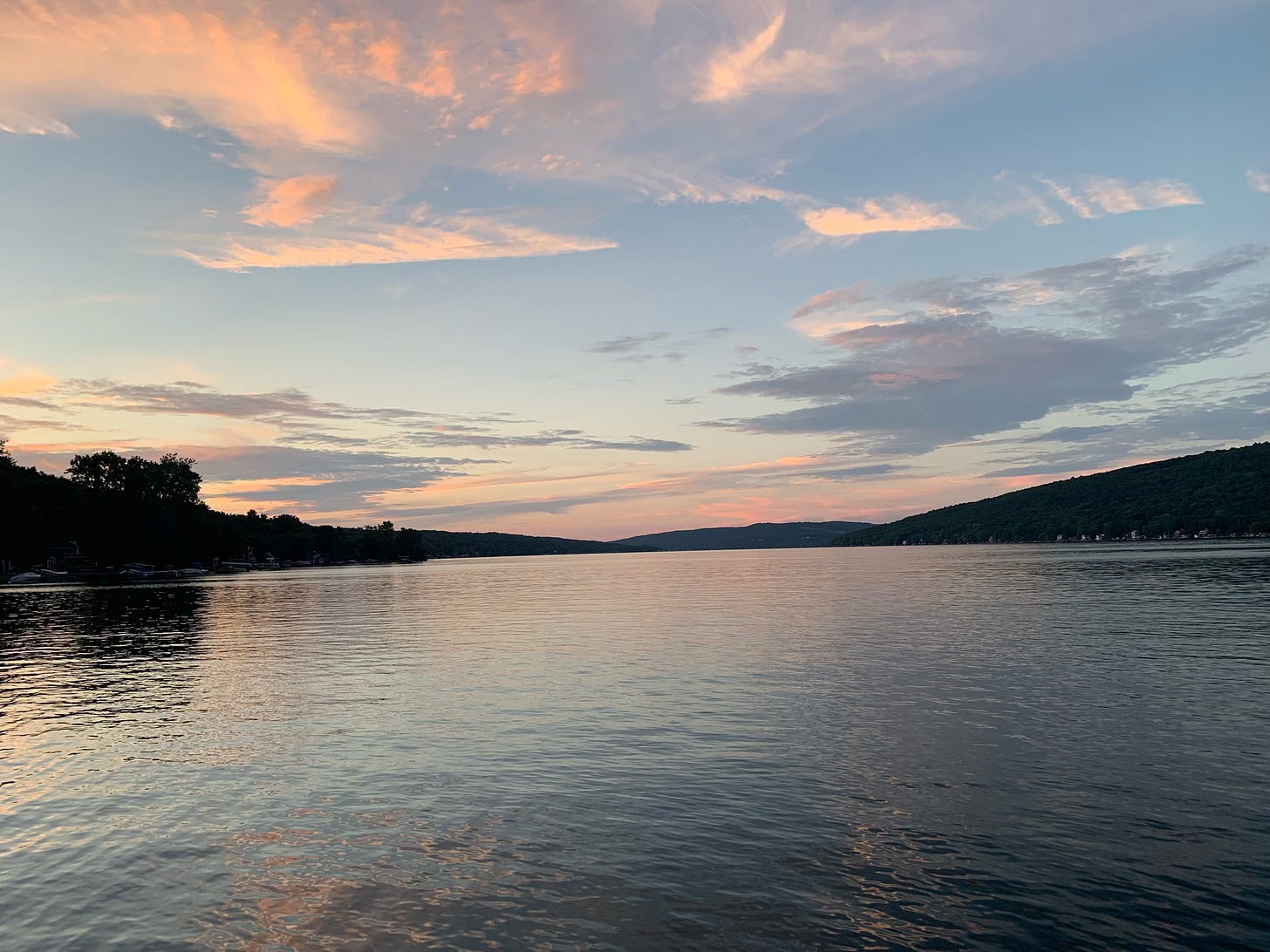
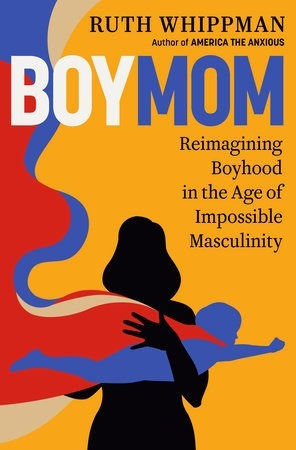
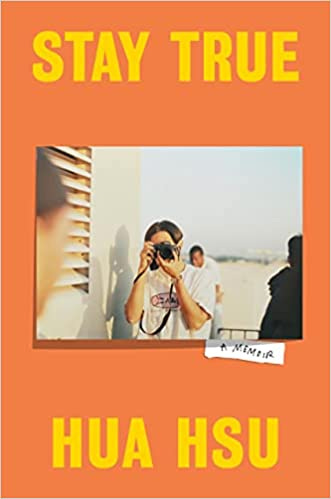

Great newsletter, Jacque! It makes me wish my sons were young again. I'd love to be involved in this type of organization.